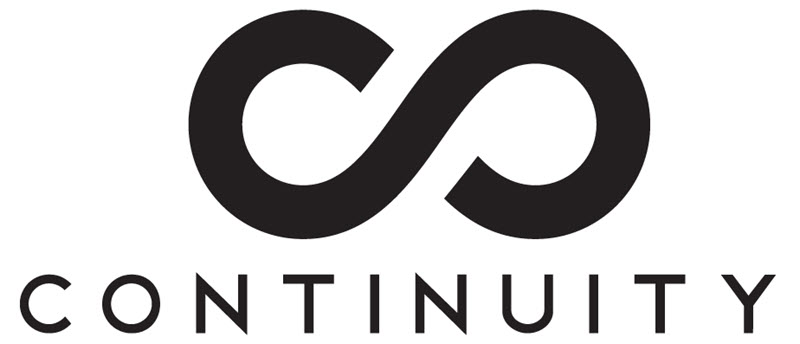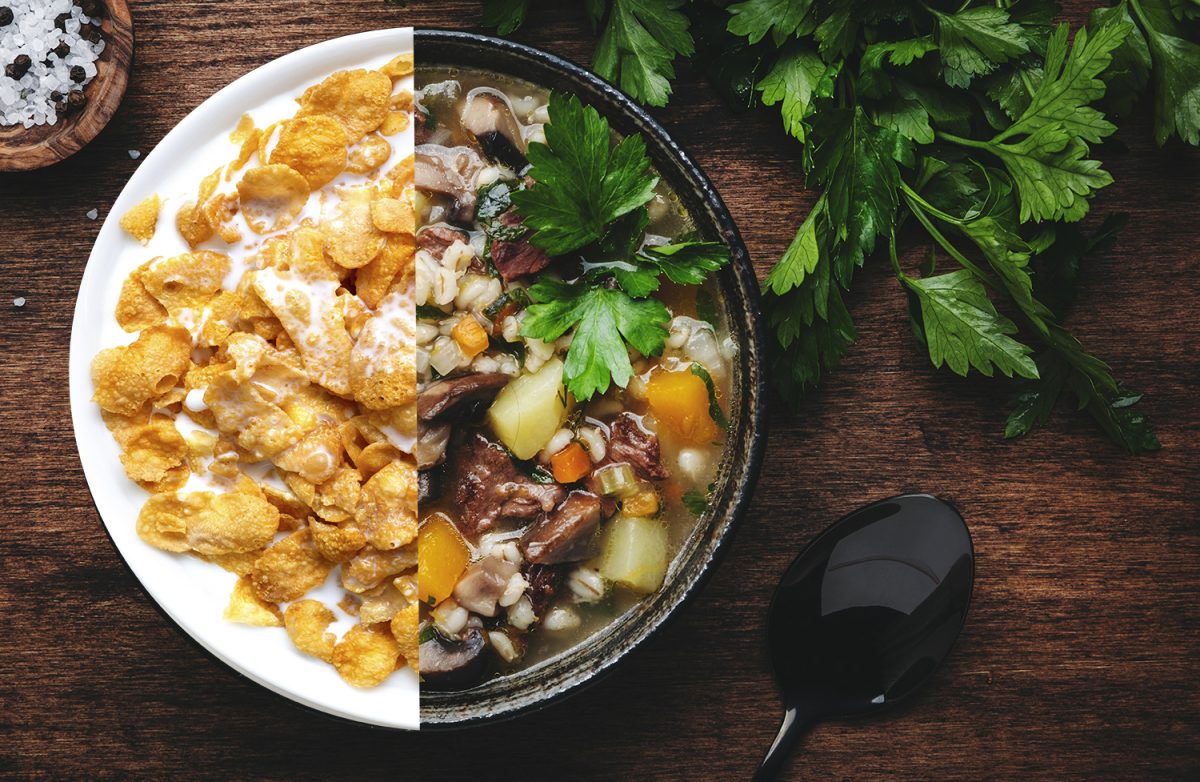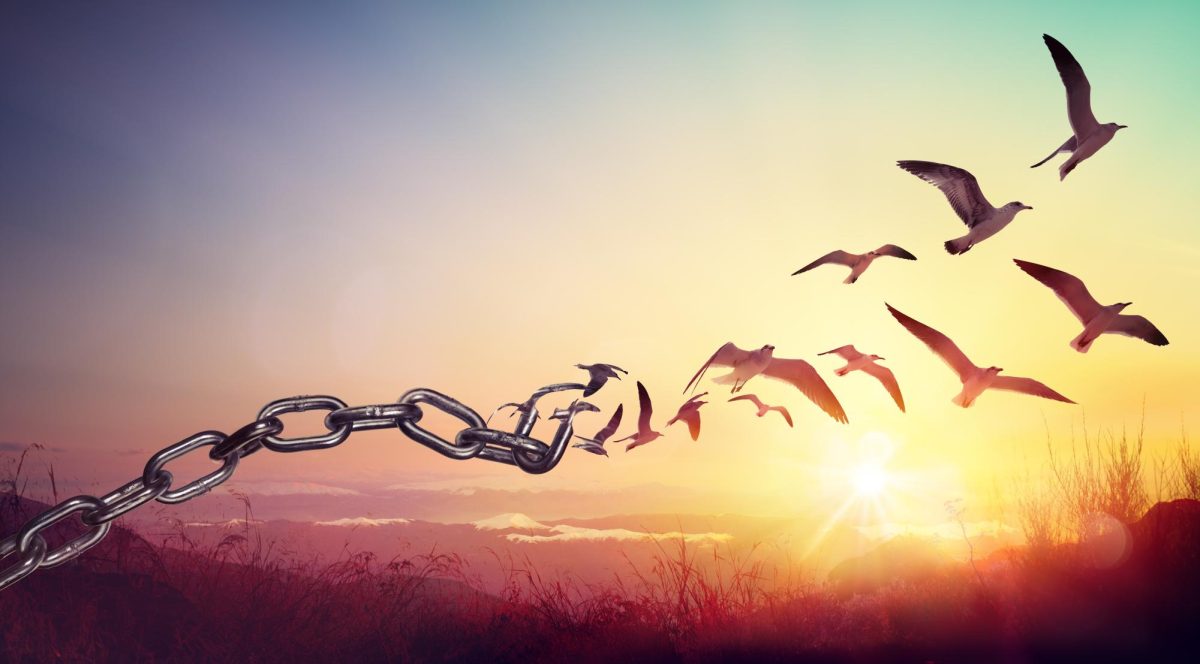Close your eyes and try to imagine the most crowded room you’ve ever been in. What do you see? Perhaps you’re picturing a crowded church on a Sunday morning, or that midnight premiere of your favorite movie franchise reboot. Maybe you’re hearing the crowd roar as your favorite singer takes the stage of a packed indoor stadium and plays the opening notes of that brand-new song everyone has been talking about. Try to hold on to that memory – then imagine what it would be like if everyone in that room were suddenly gone. What would you be feeling at that moment? For many people across the world, this is their new reality in the time of Covid-19.
The true extent of COVID’s impact on the world may be hard to wrap our heads around. Yes, we might read the news articles which seem to circle around it like some paparazzi desperate to get the latest information on a tired celebrity, but you only take away so much from words on a page. The truth of the matter is that few can truly grasp the scale of this pandemic in terms of human lives affected. From those struggling to fight an infection, to their caretakers, and in some tragic cases those they leave behind after death, millions have found themselves casualties in a war against an invisible enemy. The soldiers of this enemy are indiscriminate, attacking and killing people without any regard for national borders or other barriers we have erected to separate ourselves from one another.
Despite this, we’ve seen something extraordinary – humanity turning our backs on one another when it matters the most. Our leaders on the global stage have politicized the virus and turned its treatment into a competition, rather than a cooperative goal. Here in the US, COVID is arguably the defining political issue of this election cycle, trickling all the way down to the local politics of ending the quarantine. On an individual level, I have personally seen what COVID has awakened in people. As a police officer in Washington DC, I have seen people try to use the lockdown as an opportunity to break into businesses that are already struggling to stave off bankruptcy, while others intentionally cough on people as a form of assaulting them. Rather than spending my time patrolling the streets, I am forced to guard the houses of national health leaders and doctors who have been receiving a steady stream of death threats, making it more difficult to respond to calls for domestic violence brought about by couples in isolation for extended periods of time. In short, what should have been a unifying moment has become perverted by politics and human selfishness at seemingly every level.
Not all is bleak, however. While it is true that the lesser side of human nature has caused undue pain in these trying times, there have also been incredible signs of adaptability and genuine kindness. Much to my joy, communities have provided first responders with everything from home-made masks to home-cooked food. The majority of people have also been incredibly willing to adopt social distancing and other preventative measures in order to slow the spread of the disease, and efforts to support those affected by COVID both economically and medically are incredibly active at the local level. While there is definitely work to be done, it seems that most people have a genuine desire to help one another through this moment.
Nevertheless, these are trying times, and will continue to be so until this threat has completely passed. Until that day comes when a cure or vaccine is available to every person, it is up to each and every person to make a decision. When you think about Covid, will your conversations focus on politics and economics, or will you talk about how best to serve one another and get through this together? If everyone had a similar mindset, perhaps we can get back to focusing on the real enemy.






